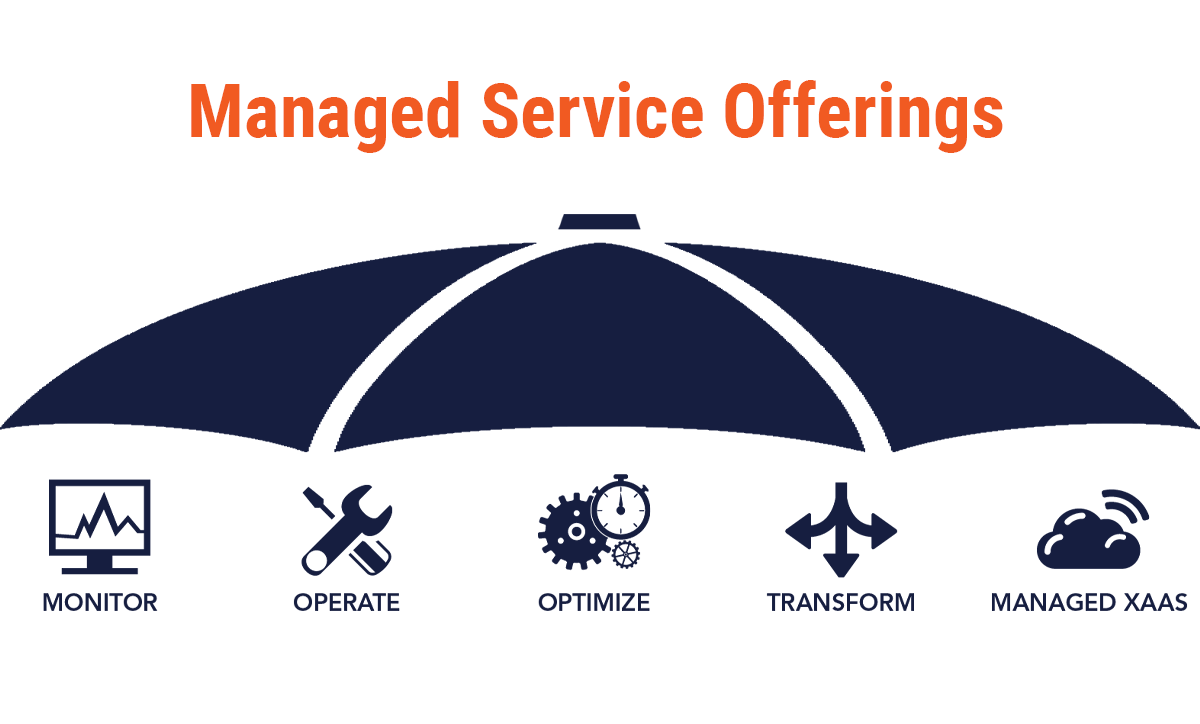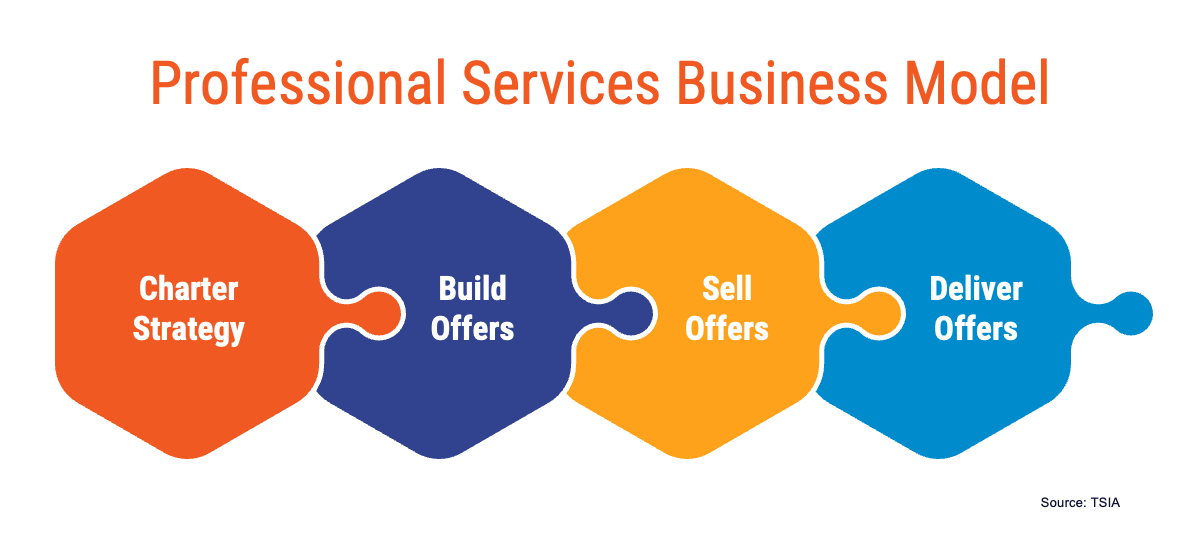A Comprehensive Guide to Managed Services Vs Professional Services
Choosing between Managed Services vs Professional Services can often be a point of confusion for businesses. According to a survey by Spiceworks, 66% of businesses plan to increase IT spending due to recent security incidents.
| As Deborah Walck, Chief of Network Operations of Orange County Computer, says, “Selecting the appropriate IT service is vital for technological adaptation, network protection, and fueling your organization’s expansion.” |
But making an uninformed choice can leave you with services that don’t align with your business needs. Let’s delve into what sets these two apart to make that decision easier for you.
Paying Too Much for IT Support?
Slash Annual IT Costs by 40% with Orange County Computer.
Cut Costs NowManaged Services Vs Professional Services: What are they?
The key question when choosing between managed and professional revolves around optimizing your workforce and business operations.
While both are strategies for outsourcing, they offer distinct advantages and disadvantages that can significantly impact your business. Knowing these key differences is essential for businesses aiming to choose the approach that aligns most closely with their needs.
What Are Managed Services?
Managed services refer to the practice of outsourcing specific business processes or functions to a third-party specialist known as a Managed Service Provider (MSP).
Managed services are growing in popularity—and how! In fact, according to Markets and Markets, the global managed services market is expected to grow to $372.6 billion by 2028.
This approach allows businesses to focus on their core activities while the MSP handles day-to-day operational aspects. The services include network monitoring, data backup, cloud services, and cybersecurity.

Source: TSIA
Pros of Managed Services
- Consistency: Managed services offer round-the-clock monitoring, which ensures that issues get addressed promptly.
- Cost-Efficiency: With a predictable monthly fee, businesses can better manage their budgets.
- Expertise: MSPs specialize in IT, providing a level of skill that might not exist in-house.
Cons of Managed Services
- Limited Control: Since services are outsourced, businesses have less direct oversight over day-to-day operations.
- Long-Term Contracts: Many MSPs require long-term commitments, which could be limiting if your needs change.
What are Professional Services?
Professional services offer project-based work delivered by experts in the field for a specific scope of work. Unlike managed services, which focus on day-to-day operations, professional services aim to resolve particular challenges through tailored solutions.
The services include consulting, digital transformation strategies, custom software development, and system integrations.

Source: TSIA
Pros of Professional Services
- Custom Solutions: Professional services provide tailored solutions designed to meet unique challenges, offering a higher level of customization than managed services.
- Specialized Expertise: Professional services organizations often have highly specialized skills, making them experts at tackling specific challenges that a business might face.
- Project Focus: With a start and end date, professional services are often easier to budget for on a case-by-case basis.
Cons of Professional Services
- Variable Costs: Unlike managed services, the costs for professional services can fluctuate depending on the project’s complexity, which could lead to budget overruns.
- Limited Long-Term Support: Once the project is complete, ongoing support is usually not part of the package unless explicitly included in the scope of work.
- Resource Intensive: Professional services often require a significant time commitment from the client to ensure project success, which could distract from day-to-day operations.
Breaking Down Managed Services Vs Professional Services: What You Need to Know
1. Nature of Services
- Managed Services: Focuses on recurring, ongoing tasks that are vital for the day-to-day functioning of a business.
- Professional Services: Concentrates on solving specific challenges over a set period, often project-based.
2. Scope of Work
- Managed Services: The scope of work generally includes ongoing tasks like network monitoring and data backup.
- Professional Services: The scope typically focuses on one-off projects, such as implementing a new system or carrying out a digital transformation initiative.
3. Flexibility and Adaptability
- Managed Services: These services are generally less flexible, as they follow a set routine and a list of responsibilities.
- Professional Services: Often, professional services teams adapt to the client’s unique needs, making them more flexible.
Learn More About the Managed IT Services: |
4. Costs and Payment Structure
- Managed Services: Companies usually pay a set monthly or annual fee, making budgeting more straightforward.
- Professional Services: Costs can vary widely depending on the complexity and length of the project.
5. Specialization and Skillset
- Managed Services: Managed IT services often involve generalized skills across a range of IT solutions.
- Professional Services: Professional services organizations frequently offer highly specialized expertise tailored to tackle specific issues.
6. Control and Ownership
- Managed Services: Businesses have less control over managed services, including day-to-day tasks.
- Professional Services: Companies usually have a higher degree of control, especially over the nature of professional services being provided.
7. Availability and Timing
- Managed Services: These services are usually available round the clock to ensure seamless operations.
- Professional Services: These are generally not available 24/7 and work on a project timeline.
8. Problem-Solving Approach
- Managed Services: Aim to prevent problems before they occur, often through constant monitoring.
- Professional Services: Focus on resolving specific challenges that a business is currently facing, usually through consultation and tailored solutions.
Managed Services vs Professional Services: What to Choose & When?
Deciding between Managed Services vs Professional Services hinges on various factors, including your business goals, the nature of your projects, and your resource availability.
When to Choose Managed Services
Ongoing Support Needs: If your business relies heavily on continuous operational support, managed services are your go-to option.
Budget Predictability: Managed services come with a set fee structure, usually billed monthly or annually. If budget stability is a top priority, this could be more advantageous.
Resource Limitations: If your in-house team lacks the capacity or expertise to handle daily IT operations, managed services can fill that gap effectively.
Proactive Monitoring: For businesses that value proactive problem-solving like network monitoring and data backup, managed services offer peace of mind.
When to Choose Professional Services
Specific Projects or Transitions: Professional Services are ideal for businesses undergoing unique transitions such as mergers, acquisitions, or digital transformation initiatives.
Need for Specialized Skills: If you require highly specialized skills for a short duration, Professional Services provides the expertise without the commitment of hiring full-time.
Flexibility: Projects often come with changes and unforeseen challenges. Professional services offer the adaptability to meet these fluctuating needs.
Short-Term Engagement: If you have a project with a defined start and end date, Professional Services make more sense as they are geared towards short-term goals.
Choosing Between Managed Services Vs Professional Services: An Industry Perspective
Here is an industry-specific lens to help businesses make an informed decision between Managed Services and Professional Services. By aligning the industry you operate in with the suitable service type, you can more precisely target your operational and project-based needs.
| Industry | Managed Services Suitability | Professional Services Suitability |
| Healthcare | High: Need for 24/7 network monitoring and data backup | Moderate: EMR implementations, compliance projects |
| Retail | High: POS systems require constant uptime | Low: Rarely undergoes specialized projects |
| Manufacturing | Moderate: Regular maintenance needed but often have in-house teams | High: Often undergo digital transformation initiatives |
| Software Development | Low: Usually have in-house expertise | High: Short-term need for specialized skills during product launches |
| Financial Services | High: Regulatory compliance, 24/7 monitoring needed | Moderate: Mergers and acquisitions require specialized services |
| Education | High: Regular IT maintenance for online systems | Low: Most educational institutions have long-term staff |
Managed Services vs Professional Services: Make the Right Choice With Orange County Computer
The decision between Managed Services and Professional Services is not one-size-fits-all.
By taking a holistic approach to evaluating these services, you can arrive at a decision that not only meets your current requirements but also sets you up for long-term success.
Orange County Computer is here to help guide you through this critical choice, offering customized solutions designed to meet your business needs.
Trusted Managed IT Services in Orange County |
Ready to tackle your IT challenges? Consult with us today. Together, we’ll define the best route for your IT future.



